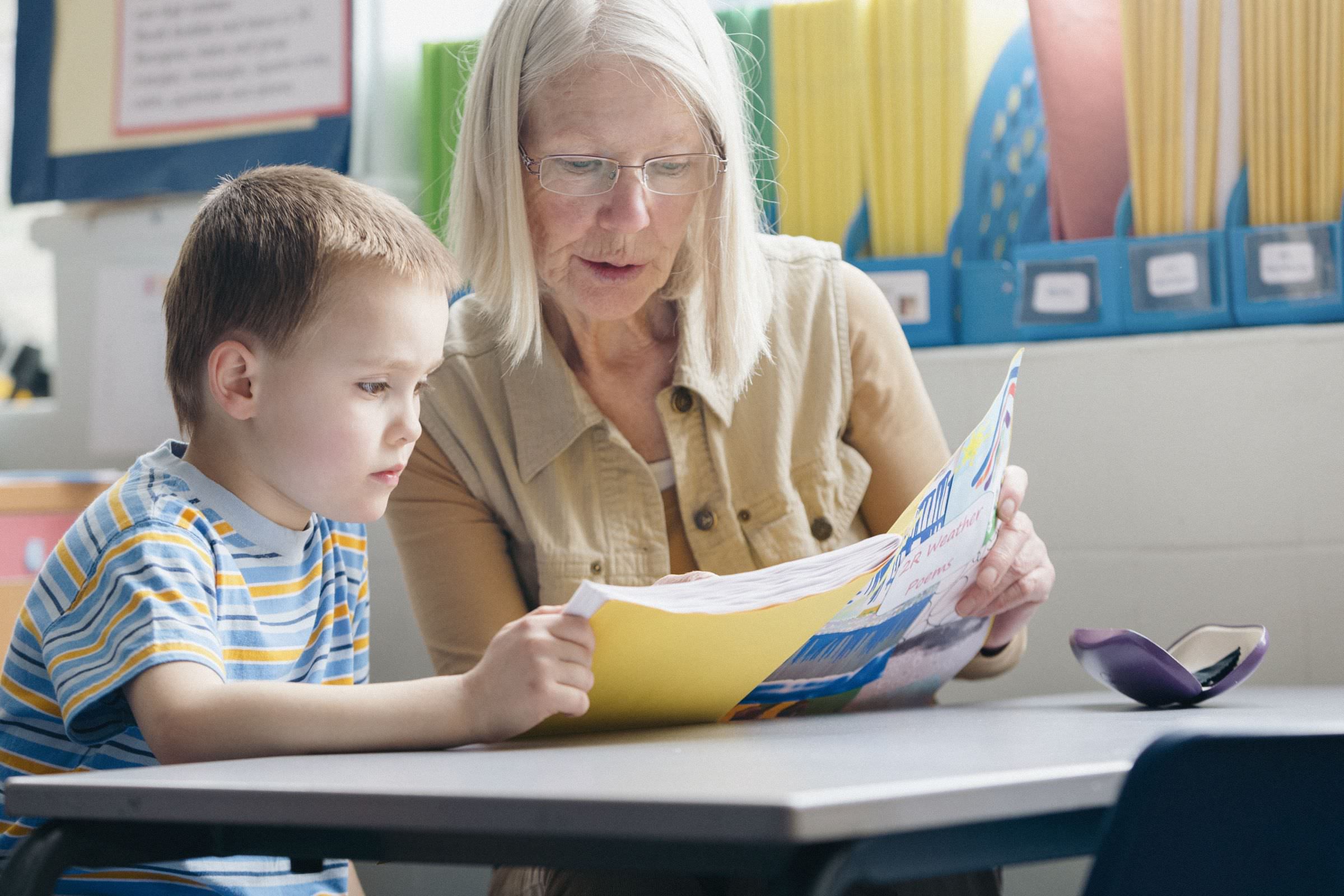
Summary
Delivery of the intervention: Individual-based
Aim of the intervention: The intervention aims to strengthen foster children at school-related matters by providing early support and enhancing the child’s positive attitude towards school. The aim is to enhance the child’s strengths and to create a functioning network between the family, the school and the social workers.
Description of the intervention: SISUKAS– foster child at school is an early intervention targeted at children in the primary school age, who are in custody or in a long-term placement. The foundation of the intervention lies on research-based knowledge on the challenges that foster children face at school, and the adverse effects that these challenges can have on the development and psychosocial wellbeing of the child (Oraluoma & Välivaara 2016). In the SISUKAS–intervention, a regional and consultational multi-professional working team, including a social worker, a special education teacher and a psychologist, is established. The intervention begins when the consulting social worker contacts the child, the foster / biological parents, the school and the social worker responsible for the child’s matters. The multi-professional networking supports the child with any school-related matters at an early stage, enables timely informing and focuses on the child’s resources through a dialogue. In the SISUKAS, an individual learning plan is drafted for the child and its fulfillment is followed up. SISUKAShas been conducted also locally as a multi-professional method in cooperation of the social worker responsible for the child’s matters, a special education teacher and the school healthcare.
Availability of the intervention in Finland: SISUKAS-training is targeted at foster parents, foster care and education professionals. In Finland, Pesäpuu ry is responsible for the training. SISUKAS-training material is available in the internet. The SISUKASis based on the SkolFam-model developed in Sweden. In Finland, Pesäpuu ry has been responsible for the development of SISUKASin the Foster Child at School –project. It has been piloted in mid-Finland and parts of it have been piloted in Southern and Northern Savonia, Uusimaa, Satakunta, Varsinais-Suomi and Southern Ostrobothnia.
Research- and evidence-based efficacy of the intervention: Cognitive abilities of children who are in a family placement, have been studied in a Danish RCT-study, which focuses on systematic support provided to foster children (Eiberg, Andersen & Scavenius 2018) and in a Swedish quasi-experimental research on SkolFam (Durbeej & Gumpert 2016) and in a Finnish Pesäpuu ry study (Oraluoma & Välivaara 2016). There is some evidence of effectiveness of the SISUKAS, at least in terms of cognitive skills, which improved in the intervention group as compared to the control group.
Literature:
- Durbeej, N. & Gumpert, C. H. (2016) Effektutvärdering av arbetsmodellen Skolfam bland familjehemsplacerade barn i Sverige. Centrum för psykiatriforskning. Dnr 2016/01.
- Eiberg, M. Andersen, L. K. & Scavenius, C. (2018). Skolestøtte til børn i familiepleje – delrapport I – Et effektstudie. VIVE – Viden til Velfærd Det Nationale Forsknings- og Analysecenter for Velfærd, København.
- Oraluoma, E. & Välivaara, C. (2016). Sijoitetun lapsen koulunkäynnin tukeminen. SISUKAS-työskentelymallin vaikuttavuuden arviointi. Tutkimuksia 2/2016. Pesäpuu ry.